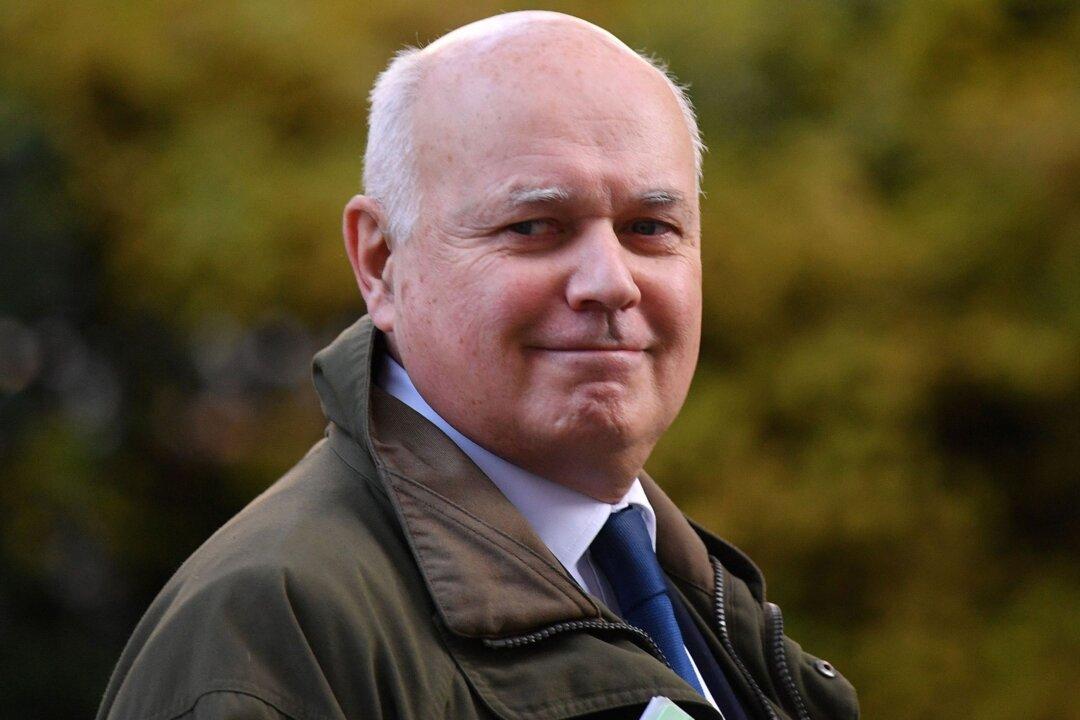Sir Iain Duncan Smith, former Conservative Party leader in the UK, on Wednesday said he hopes to see the day when freedom and common sense are restored in China.
Speaking at a webinar that marks the launch of “Darkness Deepened“—a report (pdf) by the Conservative Party’s Human Rights Commission on the worsening human rights situation in China, the Conservative backbencher said that governments of the free world have to take a stand over human rights abuses in China.





